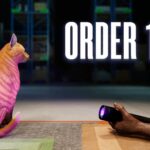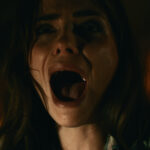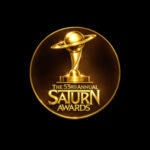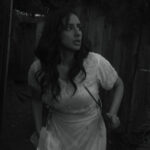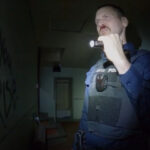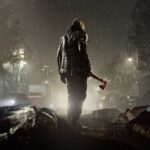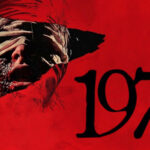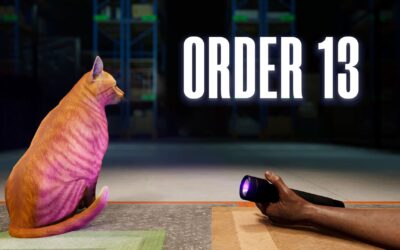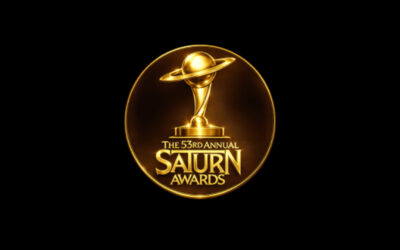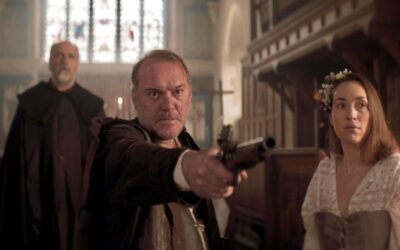Planet Urth (Book 1) by Jennifer & Christopher Martucci is different than the majority of the zombie fiction I have reviewed on Zombie Apocalypse Defense Force because it isn’t actually intended to be zombie fiction, but it still is a very interesting, relevant read for zombie fans.
The world has changed. It’s dangerous, deadly. Inhuman creatures rule the planet. Animals have mutated. The land is hostile. But it’s all I’ve ever known. Hunger. Fear. Panic. Those emotions are my reality. They are my every day. I am Avery, and I am seventeen. My father died a year ago. Since then I’ve been responsible for my eight-year-old sister, June.
I worry we are the only humans left.
Humans have been hunted for centuries, to the brink of extinction. I must fight each day to protect my sister. It is the reason I wake, the reason I breathe. But how long can I go on fighting? How long will it be before they find us?
More than two hundred years into the future, human beings are an endangered species. The planet has been battered by war, its inhabitants plagued by disease and death. Few humans survived and remained unaffected. Most changed dramatically and evolved into something else entirely. Irrevocable alterations caused by chemical warfare have created a new species. North America is in ruins and has been overtaken. Humanity has fallen at the hands of mutants known as Urthmen.
Seventeen year-old Avery is alive and unchanged. But she has not been immune to the harshness of the new world. She has lived on the run for much of her life, in terror.
After losing her father, Avery is the sole guardian of her eight-year-old sister, June. Avery is now charged with June’s safety as well as her own, a nearly impossible task.
Forced to hide deep in the forest and away from the cities overrun by Urthmen, Avery and her sister are constantly hunted. Danger awaits them at every turn. They fear they are the only human beings left, that they are the last of their kind.
But are they truly alone?
Originality: 5/5
This is perhaps cheating, somewhat, because this book isn’t actually intended to be zombie fiction. Nevertheless, by zombie fiction standards it is a unique story. The primary focus of the book is the survival of Avery, the 17 year old narrator and protagonist, and her 8 year old sister June. At the beginning of the novel, they are the only people they know, and a large chunk of the story line is dedicated to describing how they survive in the wilderness, establishing the environment, and setting up the plot for the inevitable future novels. The fact that these mutated, zombie-like (while still being somewhat human) can procreate and speak definitely sets them apart from conventional zombie villains, but their lust for violence and mutilated appearance makes them a fairly close fictional relative in my humble opinion. Plus, the fact that this book is so different from traditional “zombie” tales makes it a breath of fresh air to someone who reads almost exclusively zombie titles these days.
Writing Style & Writing Flow: 3/5 & 3/5
A weakness that I found in this novel was the writing style. The sentence structure lacked variety and the word choice of these particular authors left much to be desired. A large amount of the plot was carried by dialogue, which I don’t typically mind, but those discussions tended to be both repetitive and somewhat boring… Not too mention somewhat grating syntax in a variety of sections. (Based on word choice. Obviously characters would adjust to their lives in such an environment if they were subjected to it for 200 years.) This contrasted sharply with the vivid descriptions offered for the surroundings which I will elaborate on momentarily. The internal monologue of Avery fell somewhere in between the two, but was more on the side of conversation sentence structure and variety. While I don’t expect exceptionally thought provoking conversation from a seventeen year old girl who resides in the wilderness with her young sister, I would expect more thoughtful commentary about thoughts on events and moments of near tragedy.
The repetitive nature of the conversations made the sections which were particularly dialogue heavy difficult to muddle through. It wasn’t that these sections were difficult to read in the sense that they were complex, but rather they were hard to read in terms of the choppy and divided way they were written. These sections often interrupted what was otherwise a natural flow of the chapters. With that being said, I did find that the descriptive sections of the book were less jarring, and flowed much more easily.
Scene Description 4/5
Although the dialogue often bogged down passages and at times felt like it made entire chapters lag on, the scene description was both enjoyable and of a higher quality than other aspects of writing found throughout the book. Animals were described with sufficient detail to make the reader feel as though they were actually in the presence of mutated or monstrous beasts as they were presented by the authors, and the forest was generally described with sufficient detail to at least be passable.
Overall: 3.75/5
Although Planet Urth was an original, fairly enjoyable book in terms of concept, its execution could have been better. For a book that is available for free on Amazon and available on Kindle Unlimited, it’s worth your time if you are in need of something to read and are short on cash, but it isn’t something I’d suggest paying money for if the authors decide to make it available for purchase like they have for the other books in this series. I am undecided if I will give the other books a try. The other reviews tend to be hit or miss. Despite the fact that this book scored relatively well on my scale, I honestly wouldn’t recommend this book.
